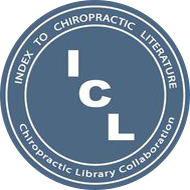Objective: This study aimed to investigate the locomotor behavior of older adults with and without a history of falls as they avoided obstacles with different physical characteristics.
Methods: Twenty-one older adults participated in this study. The group was divided into higher risk of falling (n = 10) and lower risk of falling (n = 11). The following conditions were carried out: (1) walking and avoiding a solid obstacle and (2) walking and avoiding a fragile obstacle.
Results: Older adults at higher risk of falling had worse performance during the obstacle approach phase. Both groups performed worse when avoiding the fragile obstacle than when avoiding the solid obstacle. Older adults at higher risk of falling had their feet closer when avoiding the obstacle, and both groups raised their limbs higher to avoid a fragile obstacle. Older adults at higher risk of falling were closer to obstacles after avoiding them.
Conclusion: For the participants in this study, the physical characteristics of the obstacle did not interfere with the locomotor performance of older adults during obstacle avoidance. This study found that older adults at higher risk of falls modulated their locomotor pattern before avoiding the obstacles, presenting lower velocity, shorter step length, and greater step width compared with older adults at lower risk of falling.
Keywords: Aged; Walking; Obstacle Avoidance
This abstract is reproduced with the permission of the publisher; full text is available by subscription. Click on the above link and select a publisher from PubMed's LinkOut feature.
|
